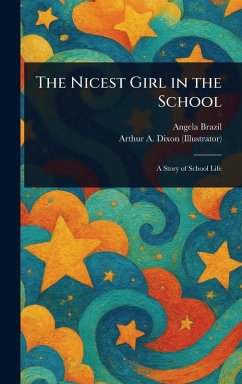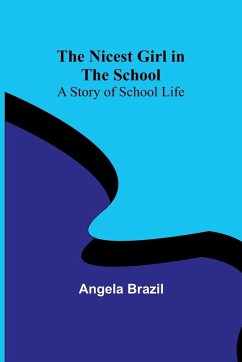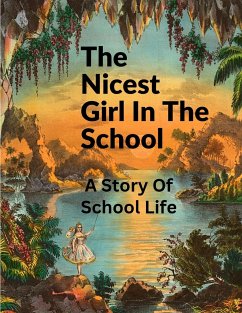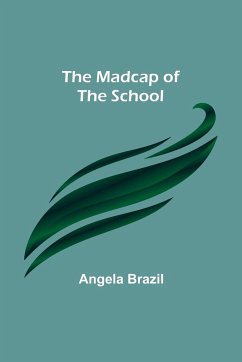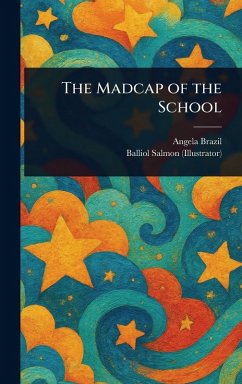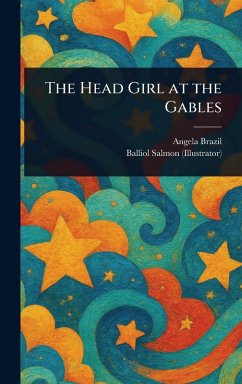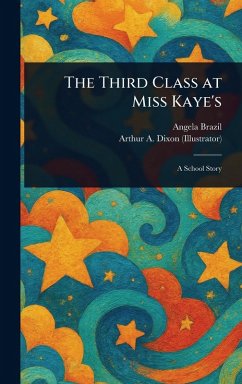
The Nicest Girl in the School (Edited)
Versandkostenfrei!
Versandfertig in 1-2 Wochen
15,99 €
inkl. MwSt.
Weitere Ausgaben:

PAYBACK Punkte
8 °P sammeln!
It's 1910, and thirteen-year-old Patty Hirst has just been offered the opportunity of a lifetime. Her wealthy uncle will pay for her to join her cousin Ruby at the exclusive Morton Priory College, if Patty will undertake to be a loyal companion to his daughter. Unfortunately, Ruby seems to loathe Patty and rebuffs her every attempt to fulfil her obligations. As Ruby treats her with increasing hostility, Patty is more determined than ever to keep her promise to her uncle, earning herself the reputation as the nicest girl in the school due to her patience and kindness towards someone so nasty. C...
It's 1910, and thirteen-year-old Patty Hirst has just been offered the opportunity of a lifetime. Her wealthy uncle will pay for her to join her cousin Ruby at the exclusive Morton Priory College, if Patty will undertake to be a loyal companion to his daughter. Unfortunately, Ruby seems to loathe Patty and rebuffs her every attempt to fulfil her obligations. As Ruby treats her with increasing hostility, Patty is more determined than ever to keep her promise to her uncle, earning herself the reputation as the nicest girl in the school due to her patience and kindness towards someone so nasty. Can Patty keep up the pretence? Or will she snap? First written by Angela Brazil and published more than a hundred years ago, this edition has been revitalised for a new generation of young readers by editor Elle Carter Neal.




